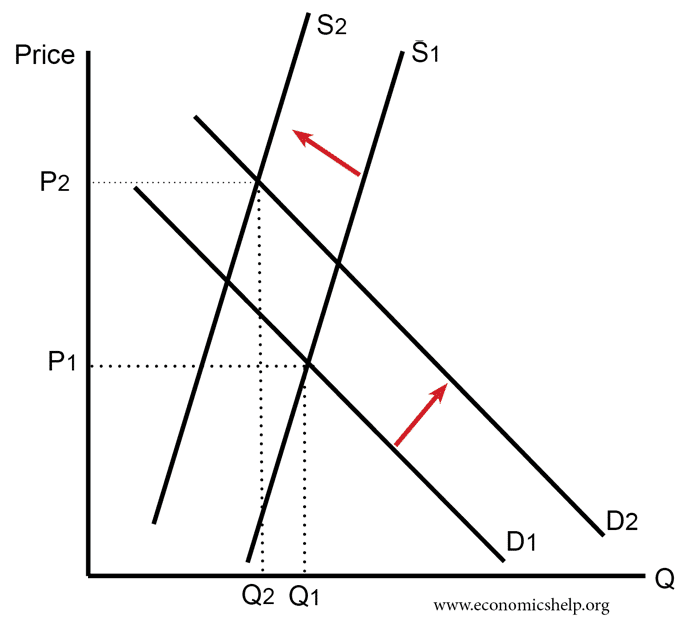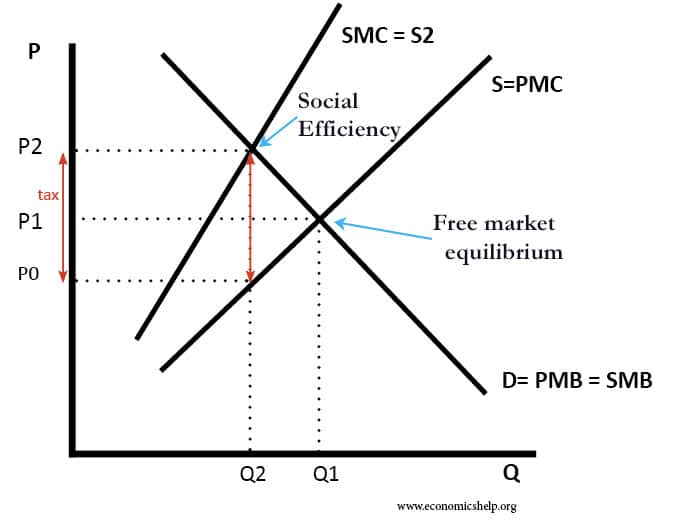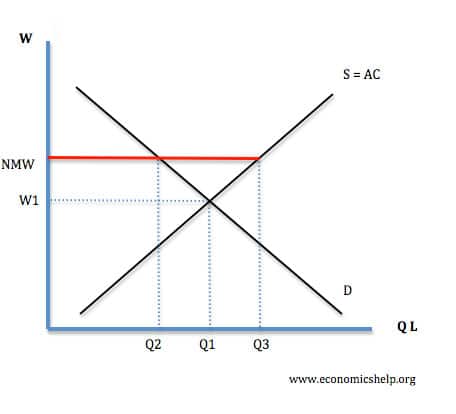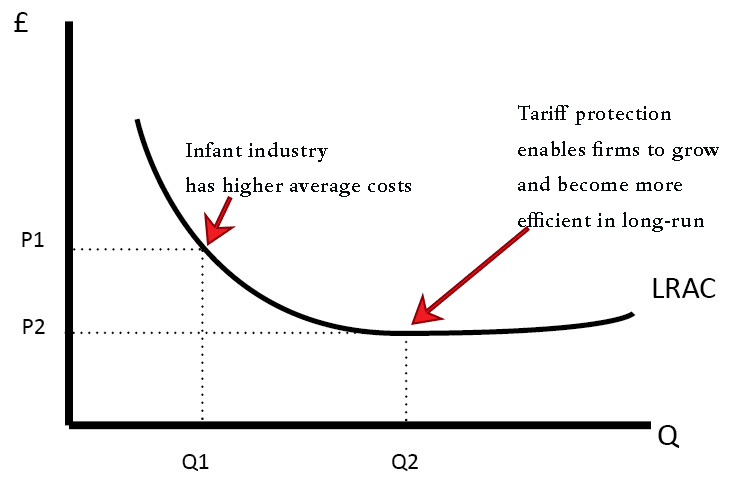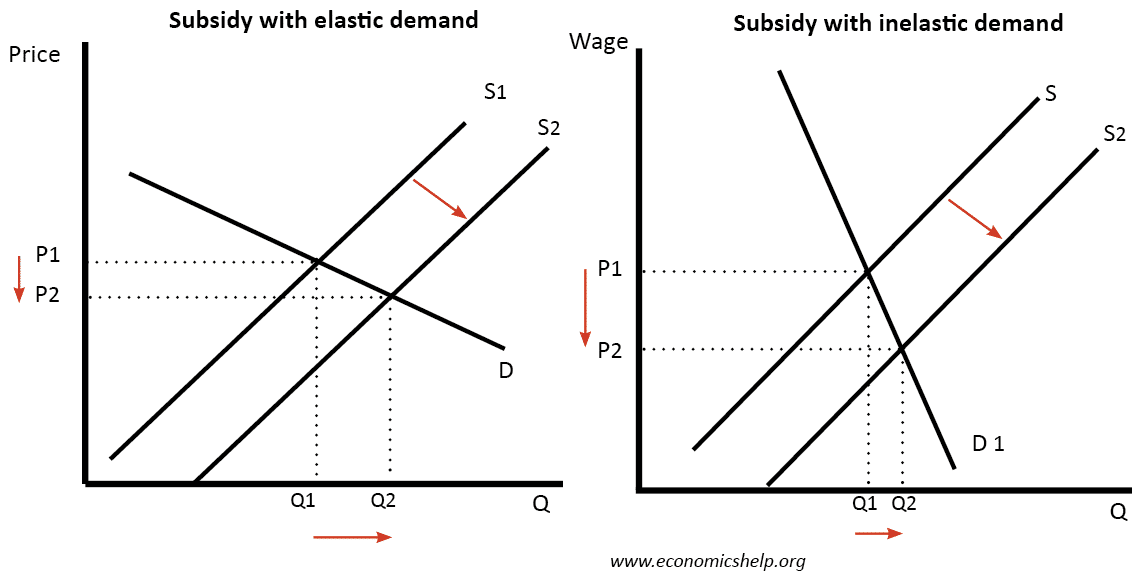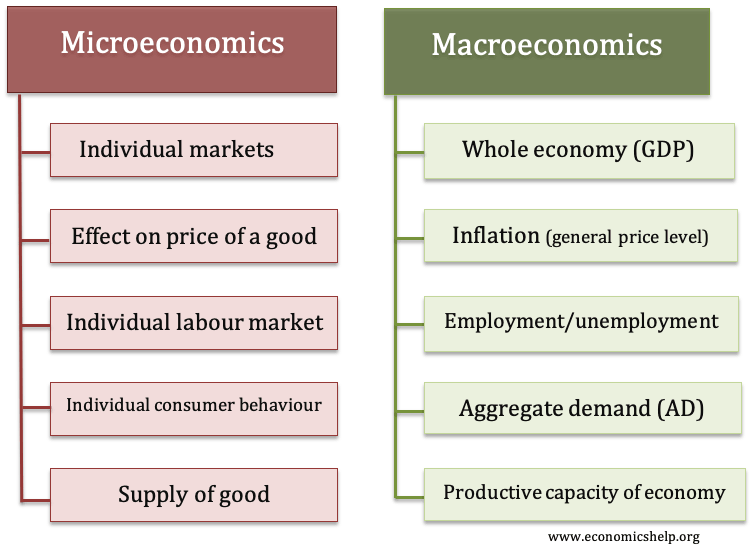Scarcity in economics
Definition: Scarcity refers to resources being finite and limited. Scarcity means we have to decide how and what to produce from these limited resources. It means there is a constant opportunity cost involved in making economic decisions. Scarcity is one of the fundamental issues in economics. Examples of scarcity Land – a shortage of fertile …

